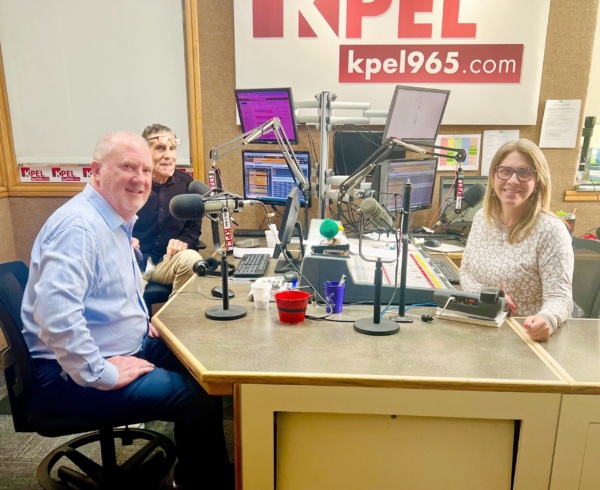The closing process for residential transactions has always been an onerous and time-consuming one as sellers, buyers, agents, and attorneys spend hours going through the motions and signing a high volume of paperwork.
But that is all changing as technology has opened the door for home closings to go fully digital, allowing customers to close purchases completely online. This more convenient option for closing on a home speeds up the process and improves the overall customer experience.
What Exactly is an eClosing?
When a buyer electronically signs all or some of the mortgage paperwork in a home closing, they are participating in an eClosing. There are three general types of eClosings:
- Hybrid eClosing – some documents are signed in ink while others are eSigned and eNotarized, with all parties physically gathered in the same room.
- Full eClosing – all documents are eSigned and eNotarized with all parties physically in the same room.
- Online eClosing – all documents are eSigned and eNotarized with parties interacting through online video conferencing.
Each of these transaction types creates a more streamlined closing process that benefits everyone involved.
The Pros and Cons of eClosings
eClosings are growing in popularity because of the benefits they offer to all participants in a real estate transaction. It’s a convenient, time-saving option for everyone because it eliminates the need to coordinate schedules and travel. Digital closings also eliminate the need for printing and copying multiple physical copies of the closing paperwork, which is not only a time-saver, but also a cost-savings benefit.
Through eClosings, realtors, title companies, and lenders are able to provide a better customer experience because they can avoid mistakes, provide customers with more transparency throughout the process, increase operational efficiencies, and reduce closing times. This also benefits them as it opens the door for them to spend more time building and operating their businesses.
For all the benefits, there are some drawbacks to eClosings. The two biggest challenges for digital home closings is buyer access to the technology needed to complete an eClosing and security risks of sharing sensitive information across the internet. In order to legally have a document eNotarized, the buyer and notary have to be able to see each other, which is why video conferencing is a key part of the process. If the buyer doesn’t have the proper technology tools to make this happen, eClosing isn’t an option.
Some States Don’t Allow eClosings
Not all states have laws allowing homebuyers to participate in eClosings. The sticking point is the need to have documents notarized. Traditionally, for documents to be legally notarized, the notary has to be present in the same room with witnesses. Not all states have given the green light for remote online notarization, or eNotary, that bypasses the need to be physically present together. The National Notary Association has a policy tracker that details the remote online notarization laws across the country.
When it’s an option, digital home closing is the way to go. It opens the door for smoother, faster closings so homeowners can settle in quicker and agents can turn their attention to other clients sooner.







